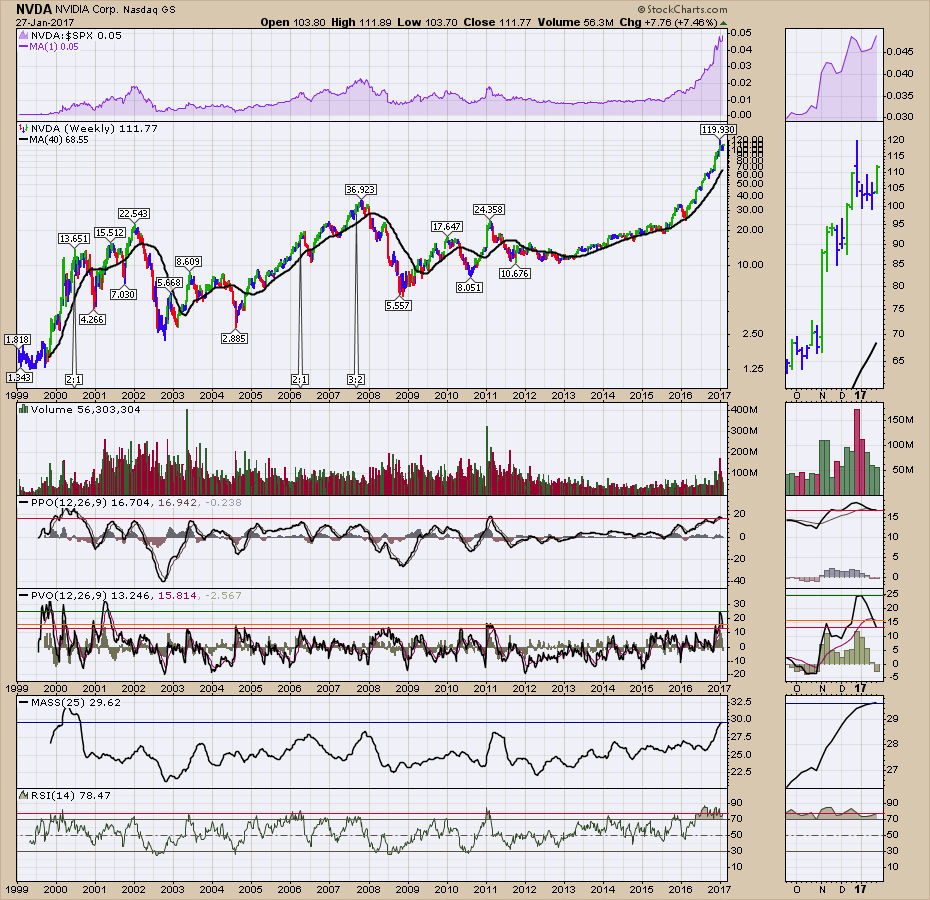

companies have a share price greater than $1,000. “The board anticipates that the increase in the number of outstanding shares resulting from the stock split will reset the market price of the common stock in a range that would give our employees more flexibility in how they manage their equity in Amazon and make the common stock more accessible for anyone who wants to invest in Amazon,” the company said in a filing.

The stock, recently at $3,281, added more than 5% the next day. Amazon announced its own 20-to-1 split intentions about a month later, alongside a $10 billion share buyback authorization. Its shares added 7.5% the following day, also boosted by stronger-than-expected fourth-quarter results. 1 that it would seek shareholder authorization for a 20-to-1 split this summer, from a recent $2,811. (NVR) has the next highest stock price, at a recent $4,380, followed by (AMZN) and Alphabet (GOOGL). Warren Buffett might never split those shares, but investors have another option: Berkshire’s Class B shares represent 1/1,500th of an A, or a recent $350. Those recently went for $517,000, and trade hands only a couple thousand times a day, on average. Several firms trade well above that level, however, and could be candidates for splits. Today, the median S&P 500 stock has a price of about $118. issuers over the past decade, says Dow Jones Market Data. There have been about 20 splits a year by U.S. (NVDA), and Tesla (TSLA)-all with highflying stocks-but also less notable firms, including

Splits in the past few years have come from mega-cap technology companies, including Stocks that have announced splits have beaten the index by 16 percentage points, on average, over the following 12 months, according to BofA Securities researchers. But the numbers speak for themselves: Since 1980, In other words, it’s more correlation than causation. That’s what the market is focused on, and a stock split is just something you do when that’s happening.” “The stocks that split typically have positive price momentum, generally good things are happening at the company, and fundamentals are improving. “By itself, a stock split should neither create nor destroy any value,” says Christopher Harvey, Wells Fargo’s head of equity strategy.



 0 kommentar(er)
0 kommentar(er)
